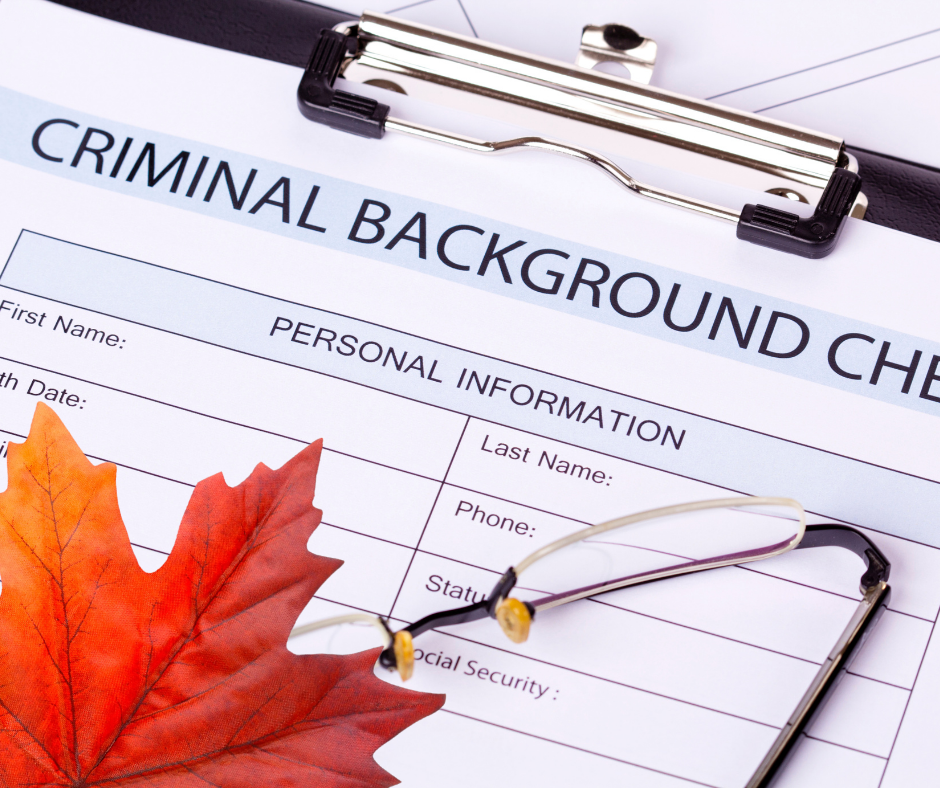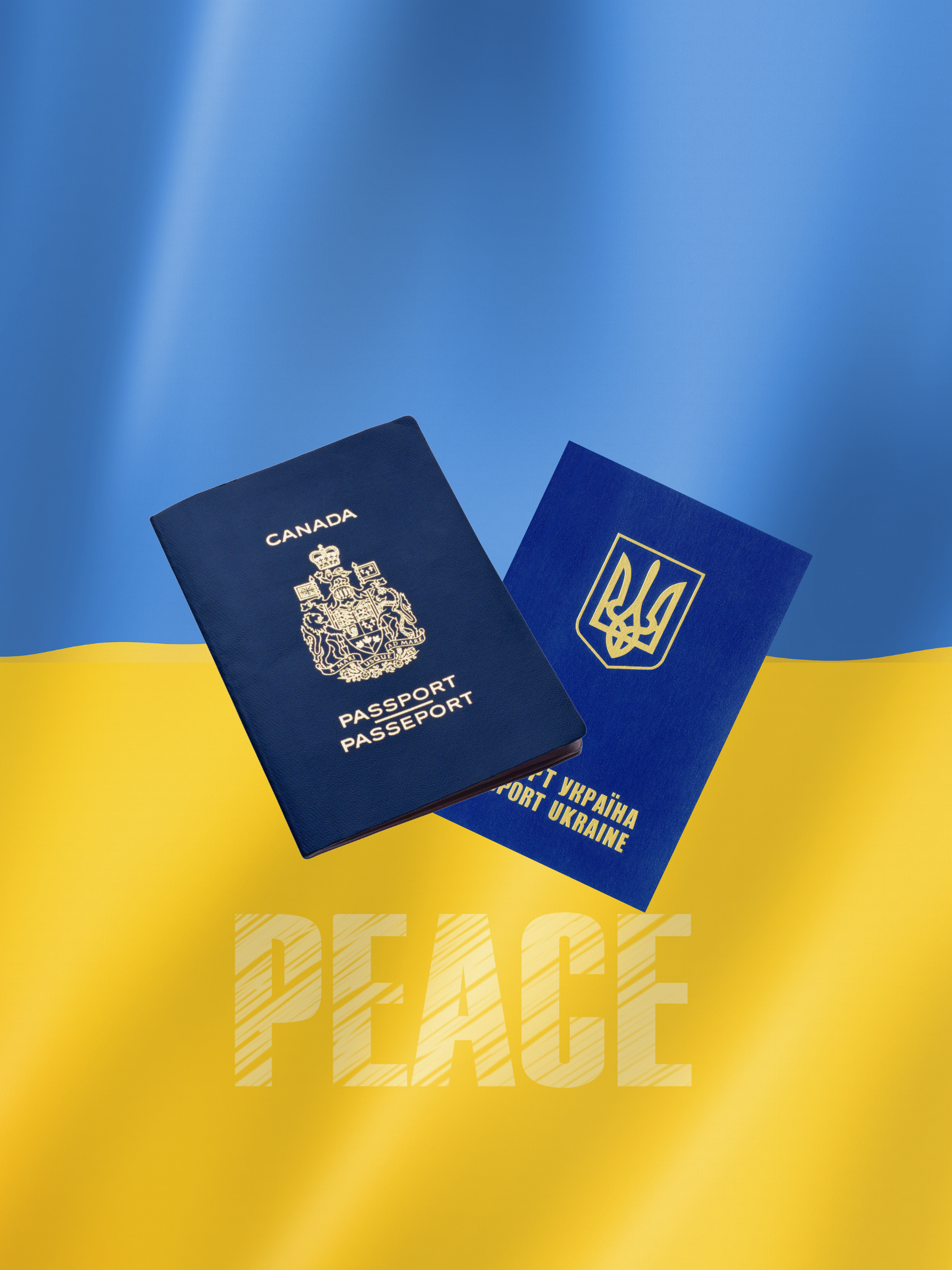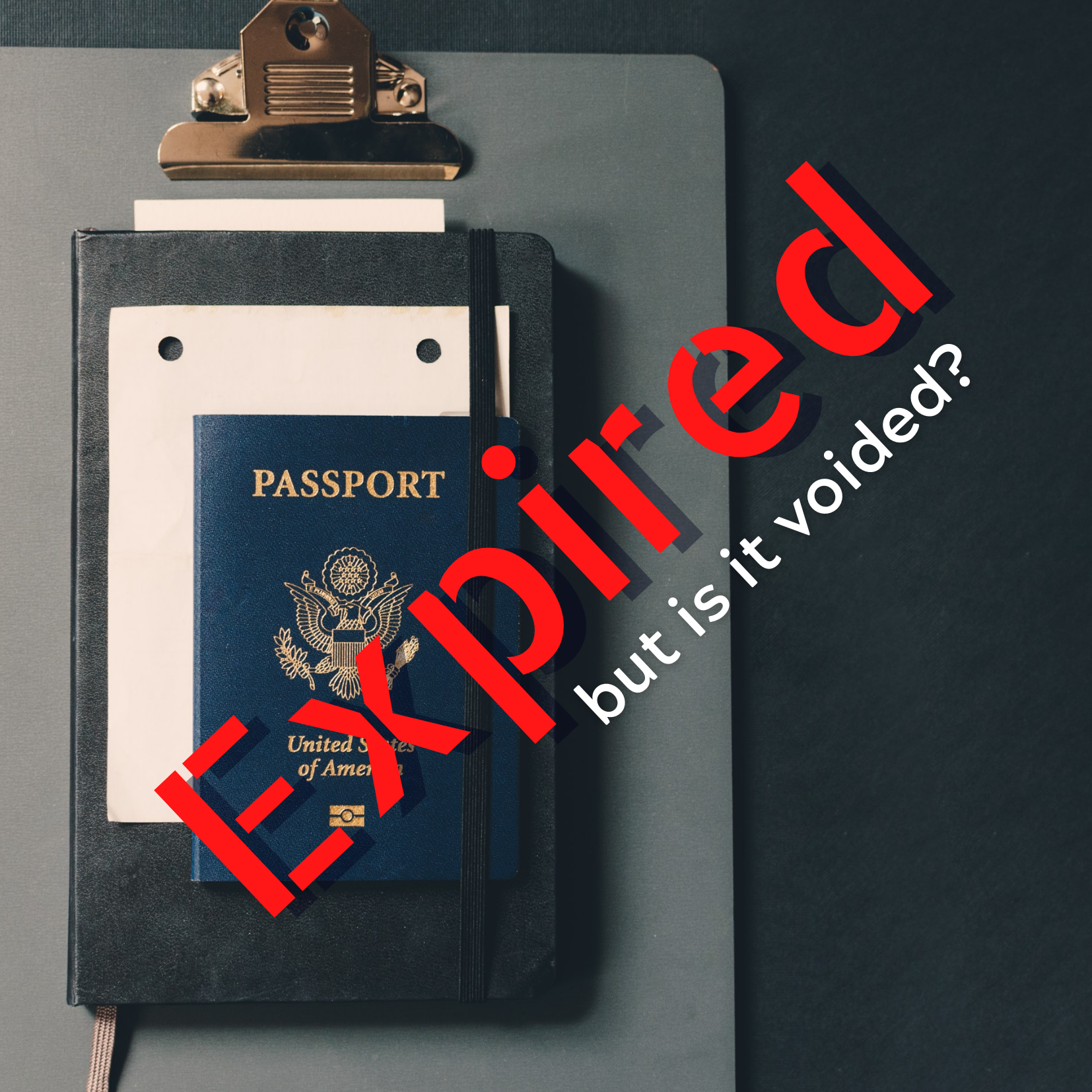A question I frequently get is about the timing of the Parent and Grandparent Sponsorship program.



A question I frequently get is about the timing of the Parent and Grandparent Sponsorship program.

Immigration, Refugees and Citizenship Canada (IRCC) is set to invite 30,000 people to sponsor their parents or grandparents for permanent residence in Canada.

This is where many people run into problems. It is absolutely vital that you submit…

This new program will benefit Ukrainians who wish to come to Canada now, as well as those already in Canada who wish to extend their stay. Ukrainians may also include their immediate family members of any nationality on their application.
Immigration, Refugees and Citizenship Canada (IRCC) announced a new temporary residence program for Ukrainians today, called the Canada-Ukraine Authorization for Emergency Travel (CUAET). This new program will benefit Ukrainians who wish to come to Canada now, as well as those already in Canada who wish to extend their stay. Ukrainians may also include their immediate family members of any nationality on their application. IRCC defines an immediate family member as a spouse, a common-law partner, or a dependent child. The definition also includes dependent step-children, as well as the children of dependent children (grandchildren).
Under the CUAET, applicants outside of Canada may apply for a visitor visa and a three-year open work permit. IRCC is waiving processing fees and vaccination requirements for these applicants, and most applications will be processed within 14 days. IRCC will issue a single journey document to any applicant who does not have a passport. Applicants already in Canada may now apply to extend their status for up to three years.
It should be noted that the CUAET is a temporary residence program which does not, in itself, lead to permanent residence. However, IRCC has a number of permanent residence streams under which individuals may qualify, either now or after gaining Canadian work experience. If applicants wish to remain in Canada permanently, they should review their options for permanent residence soon after arriving in Canada, in order to choose the best stream and work towards an application.
Disclaimer:
No information in this blog should be construed as legal advice. Should you have any questions about Canadian immigration law, please contact the Author.

For a limited time, some temporary residents who are out of status in Canada may apply to restore their status, even if they are outside of the 90-day restoration window.

This round targeted applicants in the Canadian Experience Class (CEC)..

IRCC announced today that the 2020 parent and grandparent sponsorship program will reopen on..

The advantage to in-Canada processing is that IRCC will send the work permit to the applicant in the mail. The applicant will not need to leave and re-enter Canada in order to receive their work permit.
On March 1, 2023, Immigration, Refugees and Citizenship Canada (IRCC) extended the public policy allowing certain visitors in Canada to apply for an employer-specific work permit until February 28, 2025.
The wording of the announcement, as well as the wording that is sometimes used to report the announcement on social media, has led to some confusion. We have had questions from visitors over the past few weeks who have wondered if they now qualify for a work permit, since they are visitors and have received a casual job offer.
To clarify, this public policy is concerned only with place of application requirements. It does not ease work permit eligibility requirements. As before, a foreign national must receive a job offer backed by a labour market impact assessment (LMIA) or qualify for an LMIA-exempt work permit through the International Mobility Program, in order to be eligible for a work permit.
So, what does this public policy actually do? It amends the place of application requirements. Before the public policy came into force, a visitor in Canada would have to submit an application for a work permit outside Canada or, in the case of visa-exempt applicants, at a port of entry. A visitor in Canada submitting their application outside Canada could do so online and, assuming they have valid visitor status until a decision is made, could remain in Canada during processing. Once the application is approved though, the applicant would need to leave and re-enter Canada in order to have their work permit printed by a Canada Border Services Agency (CBSA) officer. Through the public policy, a visitor in Canada may now submit their application for a work permit online and have it processed from within Canada. The advantage to in-Canada processing is that IRCC will send the work permit to the applicant in the mail. The applicant will not need to leave and re-enter Canada in order to receive their work permit.
Whether or not this public policy is actually helpful to an applicant is highly dependent upon their situation and priorities. The estimated processing time for a work permit submitted inside Canada is currently 154 days. If the applicant holds the passport of a country that enjoys a significantly shorter processing time through a visa office abroad, it may be faster to submit the application from outside Canada. However, if the applicant wants to avoid an examination by a CBSA officer or if their visitor status will likely expire during processing of an outside application, it may be preferable to submit the application from inside of Canada, regardless of the longer processing times.
Are you a visitor in Canada who would like to remain here, but you are unsure of your options? We would be happy to arrange a consultation, during which we would discuss your possible pathways to a work permit or permanent resident status. Contact our office for details, including consultation fees and availability.

A non-Canadian who enters into a contract for the purchase of residential property and becomes liable to complete the purchase before January 1 is also exempted from the ban, whether the sale actually completes before or after January 1.
Purchase of Residential Real Estate Restricted on January 1, 2023
The Prohibition on the Purchase of Residential Property by Non-Canadians Act (the “Act”) comes into effect on January 1, 2023. The Act, which will remain in force for two years, bans most non-Canadians from purchasing residential property in Canada while it is in force.
To understand the scope of the Act, it is important to understand the term “non-Canadian” as the Act defines it. A non-Canadian is a person who is neither a Canadian citizen, a permanent resident of Canada, nor a person registered as an Indian under the Indian Act. Foreign corporations, as well as Canadian (and provincial) corporations controlled by non-Canadians, are also defined as non-Canadian. Residential property includes detached homes, condos, townhouses, and all other structures constructed for the purpose of residential housing. A non-Canadian who purchases residential property while the Act is in force will be subject to penalties, which include a fine of up to $10,000 on conviction, and a forced sale of the property. Lawyers and real estate professionals who aid in the purchase of property in contravention of the Act are also subject to a fine of up to $10,000 on conviction.
The Act does contain some exemptions. The ban will not apply to a person who purchases residential property with their spouse or common-law partner who is a Canadian citizen, permanent resident, or who is otherwise not prohibited from purchasing residentialproperty under the Act. The ban will also not apply to refugees or to certain temporary residents. A non-Canadian who enters into a contract for the purchase of residential property and becomes liable to complete the purchase before January 1 is also exempted from the ban, whether the sale actually completes before or after January 1.
The Government of Canada has not yet published the regulations to the Act as of November 8, 2022. The regulations, when published, will specify the types of temporary residents who are exempted from the ban. The regulations may also limit the ban to certain geographical areas, such as the metropolitan areas of major cities. Notably, the Act does not affect the validity of contracts or purchases made by non-Canadians. A non-Canadian may therefore be able to enter into and complete a sale while the ban is in force, only to be convicted after completion. If you are considering a purchase of residential property and you are caught within the definition of non-Canadian, it is vital that you be aware of the Act and the ways in which it will impact you.